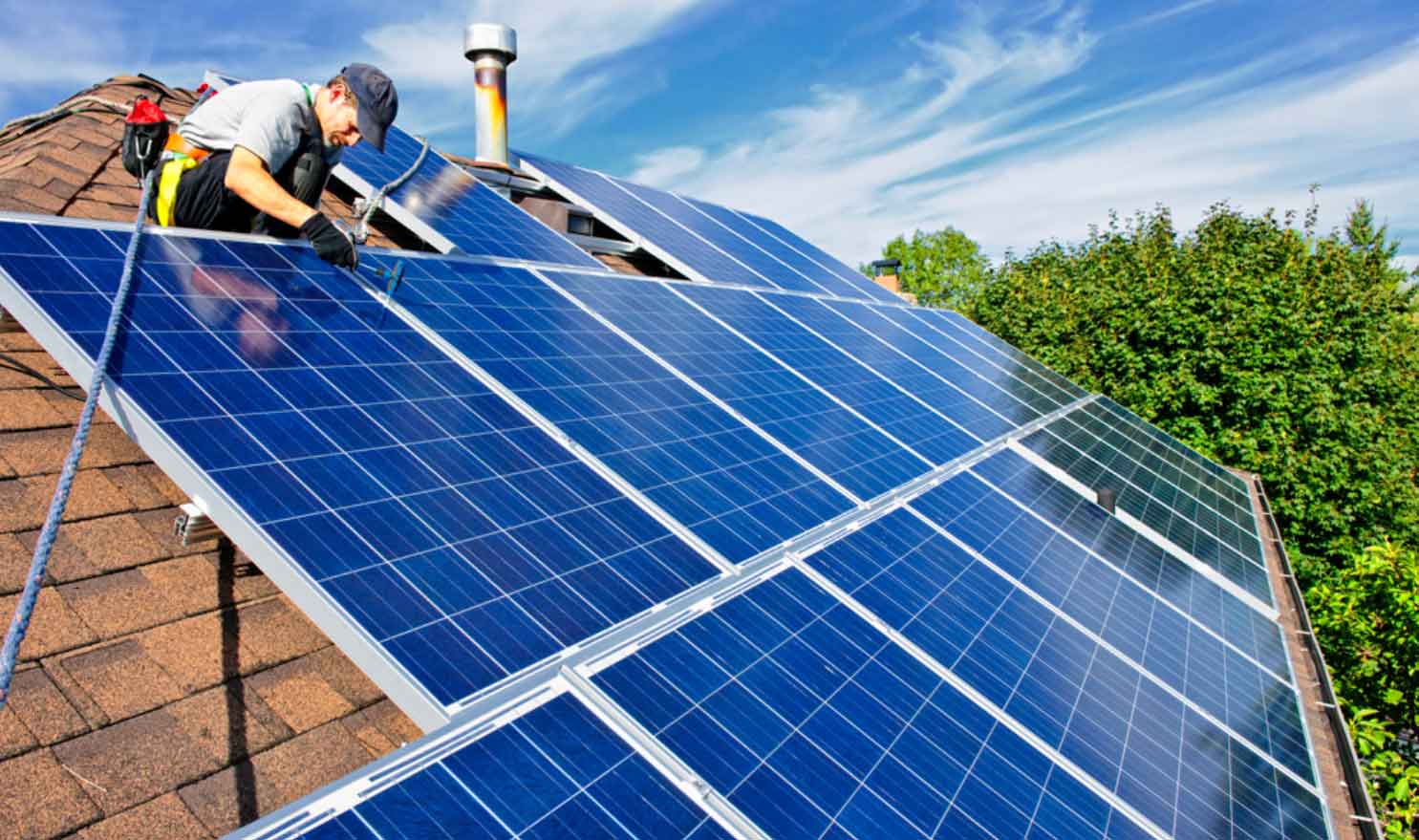
Solar panels have seen significant success in both commercial and residential settings, providing sustainable and cost-effective energy solutions. Here are some successful applications in both sectors:
Commercial Applications:
- Office Buildings:
- Energy Generation: Solar panels on rooftops or integrated into building facades can generate electricity to power lighting, heating, cooling, and other office equipment.
- Cost Savings: By reducing reliance on grid electricity, businesses can save significantly on energy bills, especially in regions with high electricity costs.
- Warehouses and Distribution Centers:
- Large Rooftop Spaces: These buildings often have large, flat rooftops ideal for installing solar panels, which can provide a substantial portion of the energy needed to run the facility.
- Sustainability Goals: Solar power helps warehouses and distribution centers meet their sustainability targets and reduce their carbon footprint.
- Retail Stores:
- Branding and Image: Installing solar panels can enhance a store’s image by demonstrating a commitment to sustainability, which can attract environmentally conscious customers.
- Energy Resilience: Solar power can provide a reliable source of electricity, reducing the impact of power outages on store operations.
- Schools and Universities:
- Educational Opportunity: Solar panels can be used as educational tools to teach students about renewable energy and sustainability.
- Long-Term Cost Savings: Educational institutions can benefit from reduced energy costs over the lifespan of the solar panels.
- Manufacturing Facilities:
- Energy-Intensive Operations: Solar panels can help offset the high energy demands of manufacturing processes, reducing operating costs.
- Regulatory Compliance: In some regions, installing solar panels can help businesses comply with regulations related to renewable energy usage.
Residential Applications:
- Homes:
- Electricity Generation: Solar panels on rooftops generate electricity for household use, reducing reliance on grid electricity.
- Cost Savings: Homeowners can save money on electricity bills over time, especially as the cost of solar panel installation continues to decrease.
- Off-Grid Living:
- Remote Locations: Solar panels provide a reliable source of electricity for homes in remote areas without access to the grid.
- Energy Independence: Off-grid homes can become self-sufficient in terms of energy, reducing reliance on fossil fuels.
- Solar Communities:
- Shared Solar Installations: Communities can benefit from shared solar installations, allowing multiple households to access solar power even if individual homes are not suitable for solar panel installation.
- Cost Sharing: Shared installations can reduce the upfront cost of solar panels for individual households.
- Solar Water Heating:
- Hot Water Systems: Solar panels can be used to heat water for domestic use, further reducing energy costs for homeowners.
Conclusion:
In both commercial and residential settings, solar panels offer a sustainable, cost-effective, and reliable source of energy. As technology advances and costs continue to decrease, solar power is expected to play an increasingly important role in meeting the energy needs of buildings and communities around the world.
